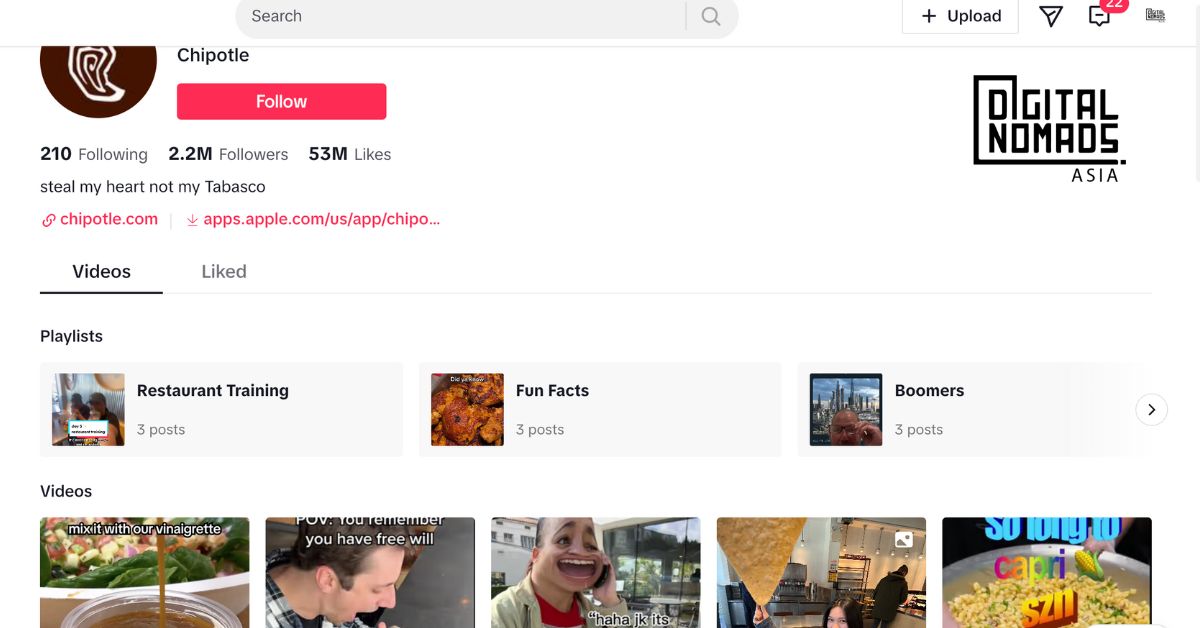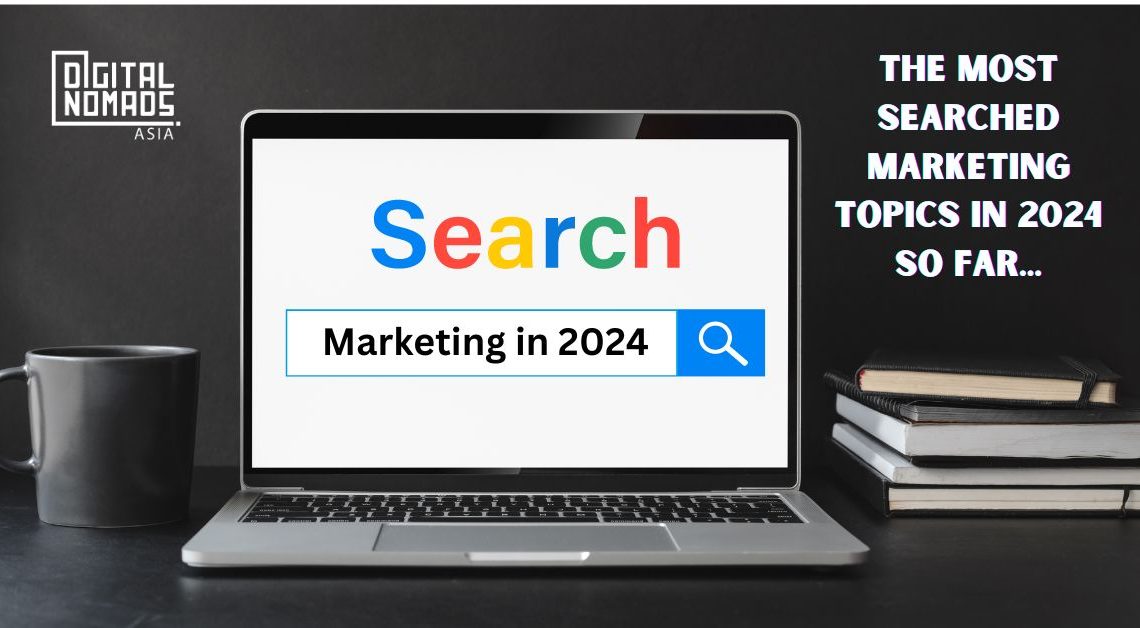The marketing landscape is constantly evolving, driven by technological innovations and shifting consumer preferences. As we navigate through 2024, several key trends have come to the forefront, each playing a crucial role in shaping effective marketing strategies. Let’s delve deeper into these trends, providing examples and citing data sources where applicable to offer a comprehensive understanding of their impact.
Short-Form Video Content: Dominating the Digital Space
Short-form video content has emerged as a dominant force in digital marketing, with platforms like TikTok, Instagram Reels, and YouTube Shorts leading the charge. For instance, TikTok reported over 1 billion monthly active users in 2021, a clear indicator of the platform’s massive reach and influence. Brands like Chipotle have leveraged TikTok to great effect, launching viral challenges that engage and entertain while driving substantial brand awareness. The success of short-form video lies in its ability to capture attention quickly, offering creative and digestible content that resonates with a broad audience.

Content That Reflects Brand Values
Modern consumers increasingly prefer brands that align with their values and beliefs. According to a 2023 Edelman Trust Barometer report, 71% of consumers choose to buy from or boycott brands based on their social stances. Patagonia’s commitment to sustainability and environmental conservation is a prime example, with the brand’s initiatives resonating deeply with eco-conscious consumers, thereby fostering loyalty and driving sales.
Native Advertising and Sponsored Content: Blurring the Lines
Native advertising and sponsored content have become more sophisticated, blending seamlessly with organic content to enhance user experience. BuzzFeed is known for its successful native advertising campaigns, partnering with brands to create engaging content that aligns with its playful and informative style, without disrupting the reader’s experience. This approach has proven effective, with native ads receiving 53% more views than traditional display ads, according to a study by Sharethrough.
Influencer Marketing: Harnessing Authentic Connections
Influencer marketing continues to evolve, with a shift towards micro-influencers who boast highly engaged niche audiences. A survey by Influencer Marketing Hub in 2023 revealed that 90% of respondents believe influencer marketing to be an effective form of marketing. An example of successful influencer marketing is Daniel Wellington, a watch brand that utilised micro-influencers to showcase its products, resulting in significant brand growth and online engagement.
AI and Automation: Revolutionising Marketing Efficiency
AI and automation are transforming marketing, from personalised content creation to predictive analytics. Starbucks uses AI to personalise its offerings, analysing customer data to provide tailored recommendations through its app. This approach has led to increased customer satisfaction and sales, highlighting the potential of AI in enhancing the customer experience. Furthermore, Gartner predicts that by 2023, organisations that have mastered personalisation will outsell companies that haven’t by 20%.

VR and AR: Enriching the Customer Experience
Virtual and augmented reality technologies are making a comeback, offering immersive experiences that captivate consumers. IKEA’s AR app, IKEA Place, allows users to visualise furniture in their homes before making a purchase, improving customer satisfaction and reducing return rates. Such innovative applications of VR and AR demonstrate their potential to transform the customer journey, offering interactive and engaging experiences.
Purpose-led Content: Engaging on a Deeper Level
As generative AI reshapes content creation, there’s a growing focus on producing content that not only informs but also connects with consumers on an emotional level. Dove’s “Real Beauty” campaign is a notable example, challenging traditional beauty standards and sparking conversations around self-esteem, which has strengthened Dove’s brand image and deepened consumer trust.
Owning the Customer Experience
The importance of delivering a consistent and brand-aligned customer experience across all touch points has never been greater. Apple’s holistic approach to customer experience, from product design to retail ambiance and customer service, has set a benchmark in the industry, demonstrating the value of a comprehensive customer-centric strategy.
Navigating a Low-Data Era
Changes in privacy laws and the phasing out of third-party cookies are prompting marketers to find new ways to engage with audiences. Brands are turning to first-party data and contextual advertising to maintain relevance and effectiveness in their marketing efforts. For example, The New York Times is leveraging its rich first-party data to offer targeted advertising solutions, demonstrating a successful adaptation to the evolving data privacy landscape.
The trends of 2024 reflect a marketing industry at the crossroads of innovation and human connection. By embracing new technologies, understanding evolving consumer behaviours, and committing to authenticity and purpose, marketers can create strategies that not only resonate with audiences but also drive meaningful engagement and growth.
